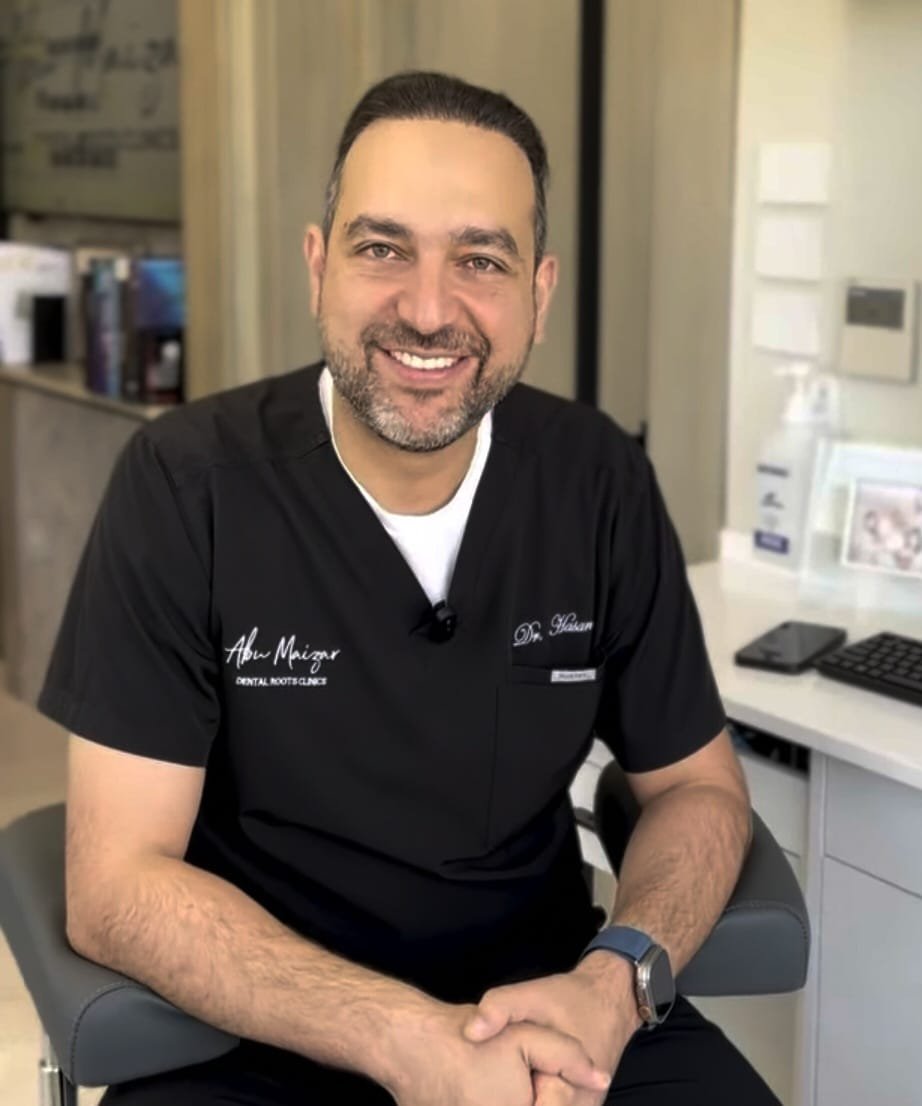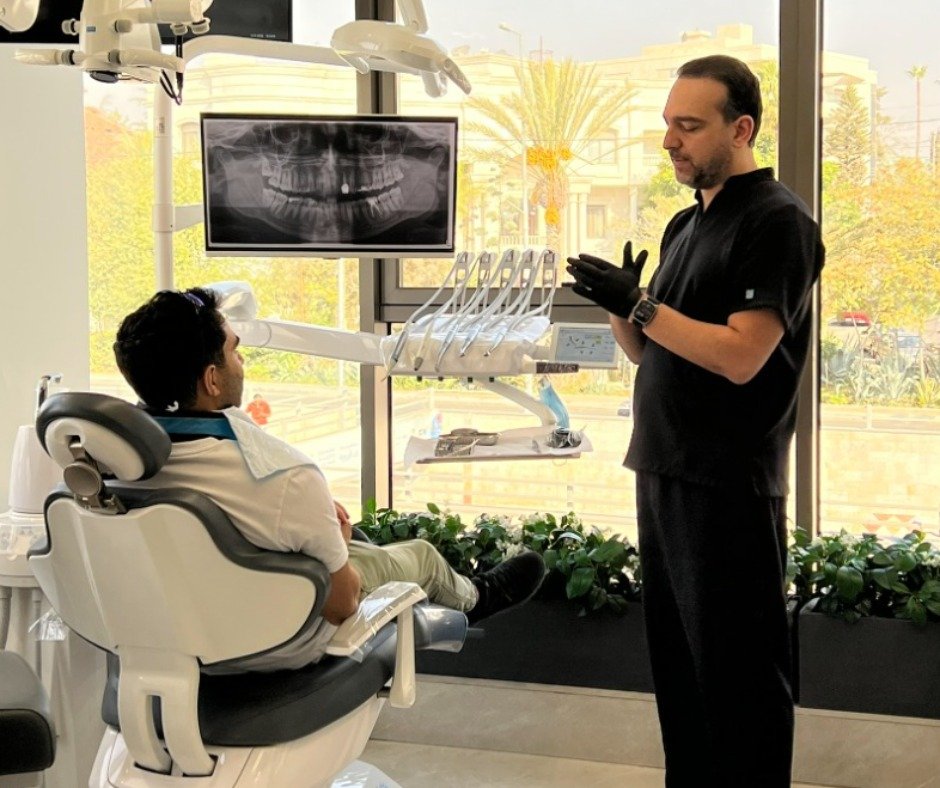
Endodontist
Post-Treatment Care
Essential guidelines for your recovery
Essential Instructions
To support healing and avoid complications, follow these essential instructions:
- Don’t eat until numbness is gone.
- Some soreness is normal — take painkillers if needed.
- Chew on the other side until the filling is placed.
- Brush gently and keep the area clean.
- Call us if you feel strong pain or swelling.
- Make sure your filling is done as soon as possible.
When to Call Us
While rare, please seek immediate dental care if you notice:
- Visible swelling inside or outside your mouth.
- Signs of an allergic reaction (rash, hives, itching).
- A return of your original symptoms (throbbing/pressure).
- An uneven bite or difficulty closing teeth comfortably.
Protect Your Tooth
Root canal treatment is only the first phase. A final restoration (crown or permanent filling) by your general dentist is critical to protect the tooth from fracture and reinfection.
🗓️ Schedule your follow-up appointment with your dentist within 1–2 weeks.
Note: If your treatment requires multiple appointments, wait until it is fully completed before returning to your general dentist.
Long-Term Outlook
A properly treated tooth can last as long as a natural tooth. Practice excellent oral hygiene, brush twice daily, and schedule routine cleanings.
Summary: Root canal treatment allows you to retain your natural tooth. If you have any concerns, do not hesitate to contact our dental team.


